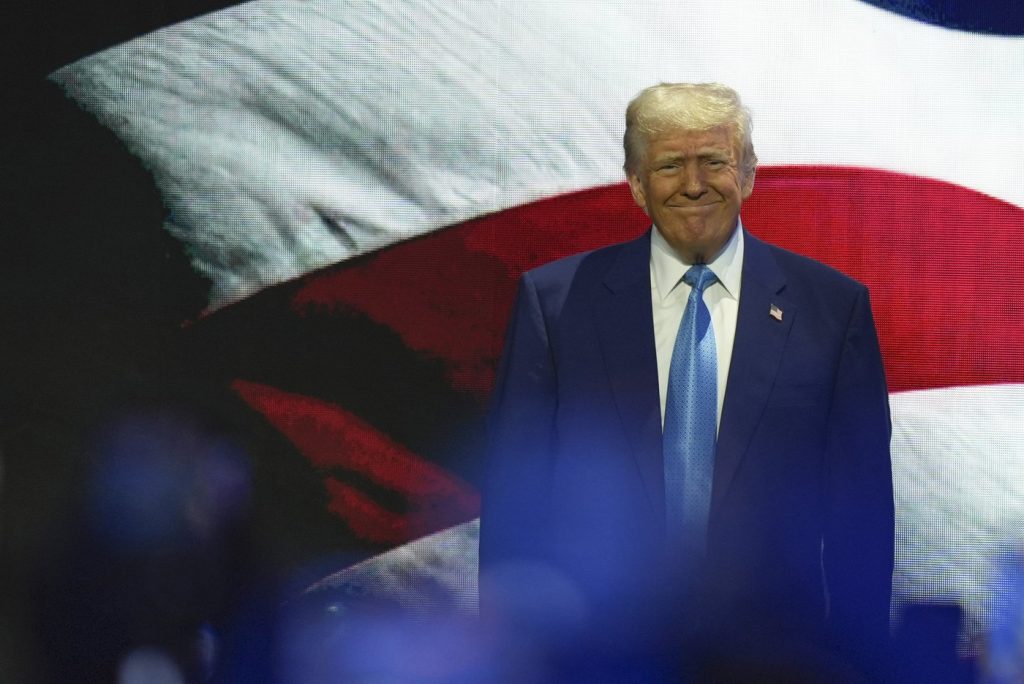SAN DIEGO (AP) - President Donald Trump has recently signed an executive order aimed at terminating federal benefits for undocumented immigrants, as the White House declared on Wednesday. This move is part of a broader strategy to tighten immigration controls amid a series of aggressive initiatives.
The order specifically targets "all taxpayer-funded benefits for illegal aliens," although the White House has not specified which benefits will ultimately be affected. Generally, individuals in the country illegally are ineligible for most federal programs, with some exceptions, such as emergency medical care. Additionally, under a landmark 1982 Supreme Court decision, children—regardless of their immigration status—are guaranteed access to free K-12 public education.
Trump's executive order references a 1996 welfare reform law which precludes undocumented immigrants from receiving most public benefits. The order argues that this legislation has been gradually eroded over time, particularly citing perceived subversion by the previous administration. "Over the last four years, in particular, the prior administration repeatedly undercut the goals of that law, resulting in the improper expenditure of significant taxpayer resources,” it asserts.
This initiative appears to target the extensive use of parole authority by former President Joe Biden, which has allowed over 900,000 individuals into the U.S. temporarily through an online appointment system known as CBP One at border crossings with Mexico. Furthermore, it notes the arrival of more than 500,000 Cubans, Haitians, Nicaraguans, and Venezuelans who traveled to the U.S. with financial sponsorship. Trump moved swiftly to terminate both these programs upon taking office.
In addition, Biden has also approved parole for nearly 300,000 individuals from Ukraine and Afghanistan. While individuals granted parole for at least a year are classified as “qualified non-citizens” and can access specific income-based benefits after a five-year waiting period—such as Medicaid and the Children's Health Insurance Program—some states have opted to reduce this waiting period.
Trump's latest order is designed to identify and eliminate federal benefit expenditures that conflict with the 1996 welfare law. The directive also seeks to ensure that state and local entities are not utilizing federal funds for policies that support "sanctuary" practices or otherwise foster illegal immigration.
On his first day in office, Trump signed ten executive orders addressing immigration issues, which included an initiative to end automatic citizenship for individuals born in the United States and to restrict asylum applications at the southern border. The order regarding birthright citizenship is currently under temporary judicial injunction.










